Confessional Diplomacy in Early Modern Europe (Routledge Studies in Renaissance and Early Modern Worlds of Knowledge) 1st Edition by Roberta Anderson, Charlotte Backerra
HARDCOVER
[ 276 AGES ]
PUB: December 15, 2020
Description
Confessional Diplomacy in Early Modern Europe examines the role of religion in early modern European diplomacy. In the period following the Reformations, Europe became divided: all over the continent, princes and their peoples split over theological, liturgical, and spiritual matters. At the same time, diplomacy rose as a means of communication and policy, and all powers established long- or short-term embassies and sent envoys to other courts and capitals. The book addresses three critical areas where questions of religion or confession played a role: papal diplomacy, priests and other clerics as diplomatic agents, and religion as a question for diplomatic debate, especially concerning embassy chapels.
| Weight | 1.74 lbs |
|---|---|
| Author | |
| Format | |
| ISBN-10 | |
| Language | |
| Publication Date | |
| Publisher |
Be the first to review “Confessional Diplomacy in Early Modern Europe (Routledge Studies in Renaissance and Early Modern Worlds of Knowledge) 1st Edition by Roberta Anderson, Charlotte Backerra”
You must be <a href="https://webdelico.com/my-account/">logged in</a> to post a review.


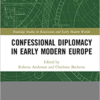
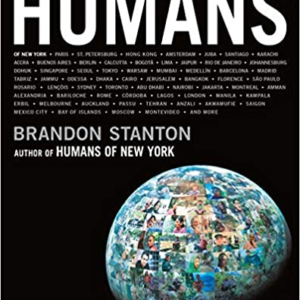
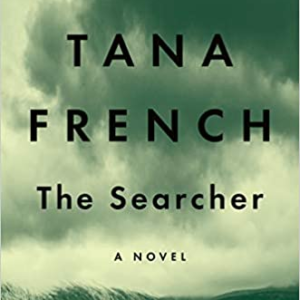
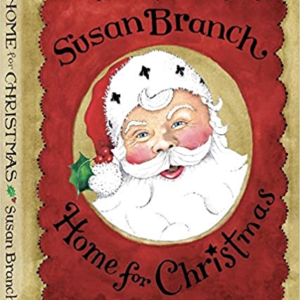

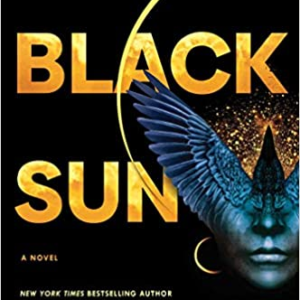

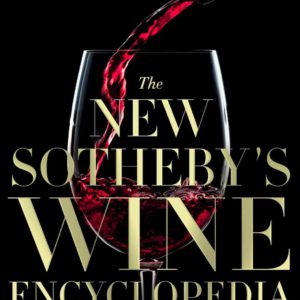
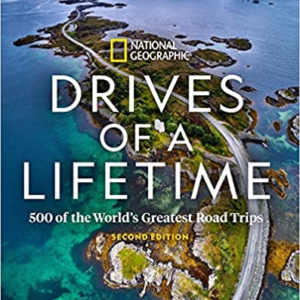


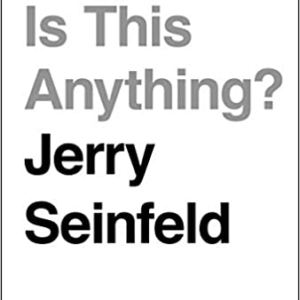

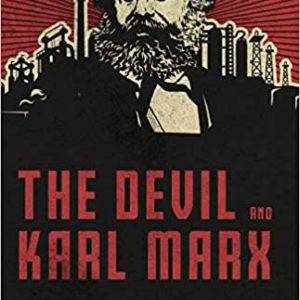
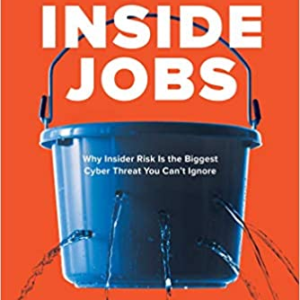







There are no reviews yet.